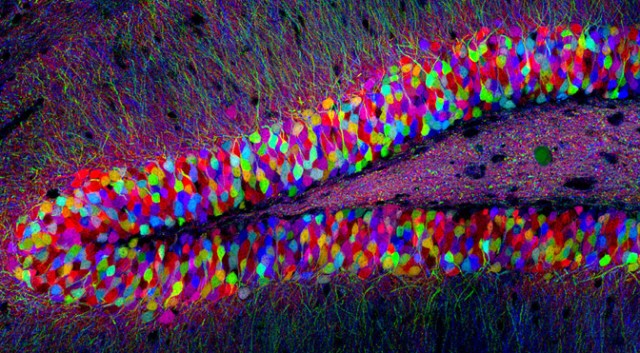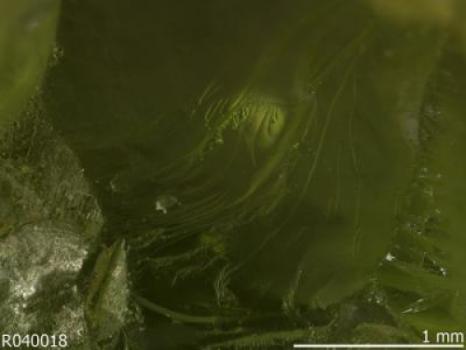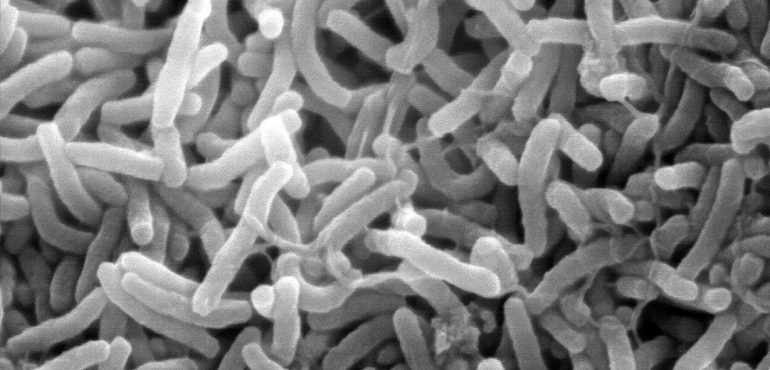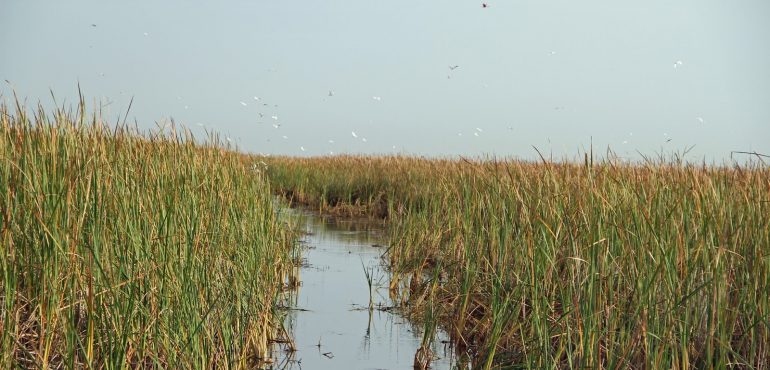Coffee and beer are polar opposites in the beverage world. Coffee picks you up, and beer winds you down. Now Prof. Martin Kupiec and his team at Tel Aviv University's Department of Molecular Microbiology and Biotechnology have discovered that the beverages may also have opposite effects on your genome. Working with a kind of yeast…
Read more
Coffee or Beer? The Choice Could Affect Your Genome










